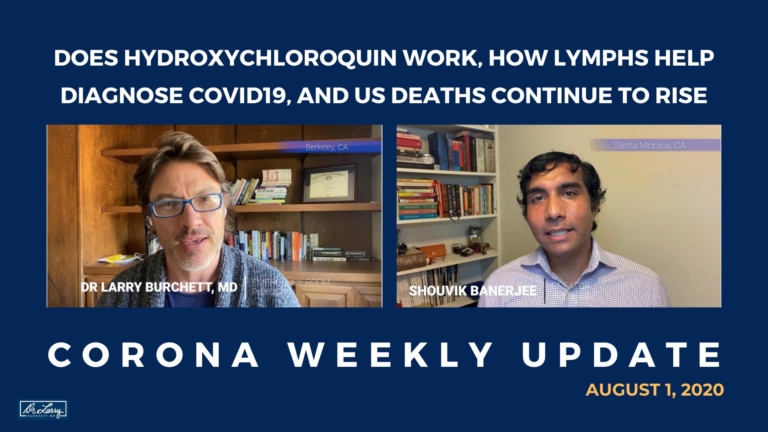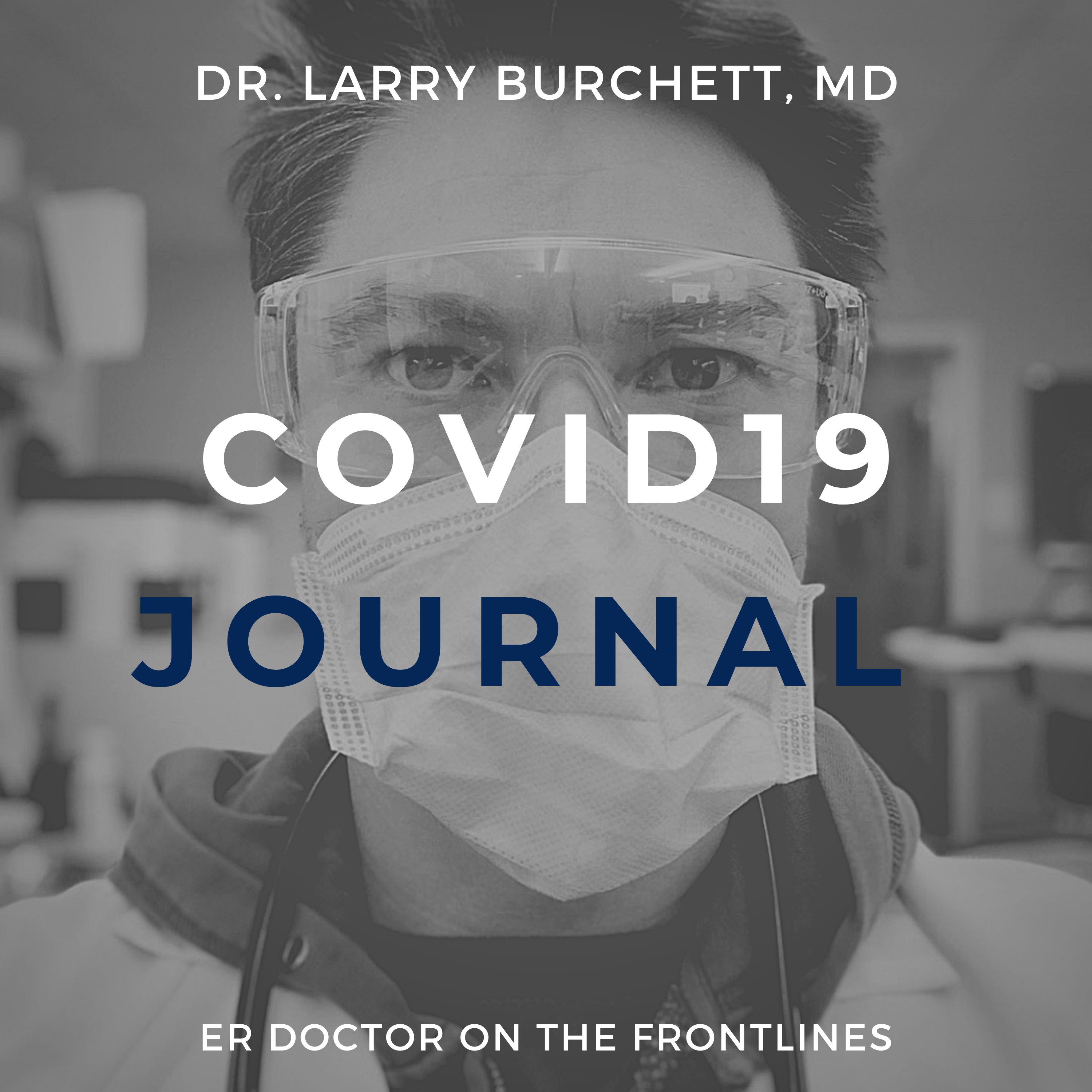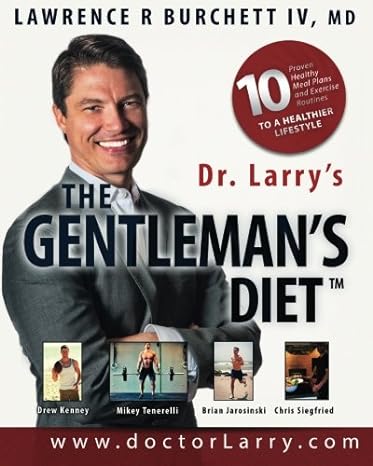Does Hydroxychloroquine Work, How Lymphs Help Diagnose COVID19 & US Numbers Continue To Rise

[cs_content][cs_section parallax=”false” separator_top_type=”none” separator_top_height=”50px” separator_top_angle_point=”50″ separator_bottom_type=”none” separator_bottom_height=”50px” separator_bottom_angle_point=”50″ style=”margin: 0px;padding: 45px 0px;”][cs_row inner_container=”true” marginless_columns=”false” style=”margin: 0px auto;padding: 0px;”][cs_column fade=”false” fade_animation=”in” fade_animation_offset=”45px” fade_duration=”750″ type=”2/3″ style=”padding: 0px;”][x_author title=”About the Author” author_id=””][x_custom_headline level=”h2″ looks_like=”h3″ accent=”false”]Does Hydroxychloroquine Work, How Lymphs Help Diagnose COVID19 & US Numbers Continue To Rise [/x_custom_headline][cs_text class=”cs-ta-justify”]Written by Dr. Larry, powered by Averpoint
[dropcap]“A[/dropcap]bout a half million Americans tested positive for COVID-19 over the past week. Daily positive cases tripled from 20K to 66K – has stayed flat, even come down a bit to 64. Hospitalizations which have doubled from 28K in late June to – have stayed around 56K for 2 weeks. US deaths continued rise – have doubled from 500 to 1K/day.
Regional Story
South and West still seeing a lot of new cases, and Florida and Georgia ICUs are about 90% full, but new cases have peaked new cases – AZ actually seeing steady declines, Midwest on a second wave, Northeast contained. Rural hospitals at capacity, and have a harder time transferring patients to a nearby hospital when full.
International Story
Globally, the world reached 17 million cases and 670K deaths. Fastest growing places are the US, Latin America, and parts of the middle east. For every country seeing a rapid decline, 2 are seeing a rapid rise. We usually focus on countries on the rise.
This week, several countries that contained the virus saw sudden outbreaks.
- South Korea: wide spread praise for containing the virus early, had 113 cases. 86 were from soldiers traveling home. Largest increase since March. Meticulous contact tracing to contain the spread.
- Vietnam: 15 cases over 3 days. First community spread. Immediately imposed quarantine and aggressive testing early in virus. Now, shut down travel and quarantine any travelers leaving Danaang.
- China: 61 cases in a day Spain: 90 percent increase in new cases in a week France: 50 percent increase in a week Germany: 30 percent increase
Two takeaways – Even if a region contains the virus, outbreaks can spread quickly. If you have spare testing capacity:
- You keep your economy open and test the outbreaks.
- You can keep your airports open and test new patients.
US has no national testing strategy, and have hit capacity. We’ll hope labs and leaders add capacity and coordinate to contain outbreaks.
Does Hydroxychloroquine Work?
HYDROXYCHLOROQUINE is in the news again this week, with a group of doctors in their white coats on the steps of the Supreme Court claiming it is a cure for COVID-19. Politics aside, let’s review where we’re at today with the following question: Is Hydroxychloroquine an effective treatment for COVID-19? We’re not talking prevention, we’re talking treatment of someone sick with COVID-19.
First of all, what is HCQ?
Also known by the brand name Plaquenil, HCQ had been used to prevent malaria and treat autoimmune diseases like Lupus. Early on with COVID, it was thought HCQ could potentially be effective treatment, with a March Chinese study showing in vitro effect against, COVID19, but remember that’s just in the lab. It was the only thing we had, so we used it, and didn’t know if it worked outside the lab, in real life.
 Early on when I was in NYC, all hospitalized COVID19 patients were treated with HCQ and Azithromycin.
Early on when I was in NYC, all hospitalized COVID19 patients were treated with HCQ and Azithromycin.
We needed studies from outside the lab (real life, sick patients) that were 1) large (thousands of patients) 2) comparing HCQ to placebo, which we call a “control” group, and 3) randomized, to answer our question of does it work, and will this save lives? A March French study, that was controlled, although small, with only 36 patients, seemed to show some benefit, so we continued using HCQ, while waiting the results of bigger, better randomized controlled trials. Better studies came in, and here’s what we started to learn: May BMJ study published showed no benefit, and possible harm.
The June 2020 RECOVERY Trial from the UK:
11,000 patients – “No beneficial effect of HCQ in hospitalized patients with COVID-19”
Most recently, the NEJM article published July 23, 2020, which concluded: HCQ “did not improve clinical status at 15 days compared with standard care” In early July, the US NIH stopped a HCQ trial early because “while there was no harm, the study drug was very unlikely to be beneficial to hospitalized patients with COVID-19.” The WHO SOLIDARITY trial was similarly stopped for showing no benefit: These interim trial results show that hydroxychloroquine and lopinavir/ritonavir produce little or no reduction in the mortality of hospitalized COVID-19 patients when compared to standard of care.
All of this taken together led the FDA to revoke the emergency use indication for HCQ for Covid patients, why? No benefit. Now in contrast, there was the Ford study, which did show some benefit. While 2500, it was retrospective and observational–a weaker study–and itself concluded that better studies “prospective trials are needed to examine this impact.”
In other words, the studies we discussed above, all of which concluded NO BENEFIT. Treatment with hydroxychloroquine alone and in combination with azithromycin was associated with reduction in COVID-19 associated mortality.
“Prospective trials are needed to examine this impact.”
Some consider this NO BENEFIT to be overwhelming against HCT. At the very least, the NO BENEFIT far outweighs the few weaker studies that suggest it may help. Because of the above, I don’t know any of my colleagues that are using HCQ at this point to treat anyone with COVID19. Remember, this is status of HCQ as of July 31, 2020. If 10 large studies come out proving benefit to COVID-19 patients, the tide might change. You can see however, given the body of NO EVIDENCE, it seems highly unlikely that Hydroxychloroquine actually does much to treat coronavirus patients.
Low Lymphs
I want to tell you about an interesting finding on the blood count of patients with COVID19–that both helps doctors to diagnose it, and hints at prognosis, or how bad it could be. That’s the LYMPHOCYTE count, or lymphs.
One of the most common blood tests is a CBC, maybe you’ve heard of it. Where we check the White blood cells for infection, red blood cells to for anemia, for example. The CBC can also give us information about the type of White Blood cells, there are 5, one of (30s )them is called LYMPHOCYTES, because these immune are found in lymph cells–LYMPHs include T cells and B cells, you’ve probably heard of them. Sometimes in viral infections, lymphs on CBC goes up, but most of the time, it doesn’t tell us much. But with many COVID19 patients, it goes down. According to the CBC, up to 83% of COVID-19 patients have lymphopenia. This clue has tipped me off more than once and helped me diagnose COVID-19 in patients that didn’t have the classic fever and cough. Further, when lymphs are very low, absolute less than 1.5, COVID19 patients are 3 x more likely to be sick in ICU and have kidney failure.
Another article published in Nature early on in the pandemic showed that Lymphocyte count was one of the best and most consistent predictors of disease, ICU and death. This little test on the CBC.
Why does COVID19 cause low lymphs, because I don’t see this often, it’s unique.
We’re not sure, but 3 thoughts or hypotheses at this point.
- The virus actually attacks and kills lymphs directly
- Our immune response, the cytokine storm, results in lower lymphs, or
- We simply run out of them, or exhaust them in fighting the disease.
Interesting, right?
How a simple blood test can be helpful in diagnosis and prognosis, and enlightens us about how this novel coronavirus causes disease in human beings.
Hopefully we can continue to use this knowledge to both prevent and treat this deadly disease.
References:
- https://covidtracking.com/data#chart-annotations
- https://www.averpoint.com/collection/Agency%20for%20Health%20Care%20Administration
- https://www.cbs46.com/news/georgia-icu-units-near-capacity-as-covid-19-surges/article_aa69b450-d1e2-11ea-94bd-3f621fc45179.html
- https://www.npr.org/2020/07/29/895152258/data-analysis-covid-19-is-filling-up-hospitals-in-small-cities
- https://ourworldindata.org/covid-cases
- https://www.japantimes.co.jp/news/2020/07/25/asia-pacific/south-korea-reports-113-coronavirus/
- https://uk.reuters.com/article/us-health-coronavirus-china-cases-idUKKCN24S03J
- https://uk.reuters.com/article/us-health-coronavirus-vietnam-idUKKCN24S0C0
- https://www.newsweek.com/europe-fears-coronavirus-second-wave-amid-spikes-spain-france-germany-1520700
- https://www.thelancet.com/journals/laninf/article/PIIS1473-3099(20)30457-6/fulltext
- https://ourworldindata.org/coronavirus-data-explorer
- https://www.webmd.com/drugs/2/drug-5482/hydroxychloroquine-oral/details
- https://www.ncbi.nlm.nih.gov/pmc/articles/PMC7108130/
- https://pubmed.ncbi.nlm.nih.gov/32205204/
- https://www.ijidonline.com/article/S1201-9712(20)30534-8/fulltext?fbclid=IwAR1HtoRCG4PKbPx1rHj5P0AN1ZMhiBh7BbAGAuLTYcyYG96GQ2as1YRgZDA
- https://www.recoverytrial.net/files/hcq-recovery-statement-050620-final-002.pdf
- https://www.nejm.org/doi/full/10.1056/NEJMoa2019014
- https://www.nih.gov/news-events/news-releases/nih-halts-clinical-trial-hydroxychloroquine
- World Health Organization
- https://www.fda.gov/drugs/drug-safety-and-availability/fda-cautions-against-use-hydroxychloroquine-or-chloroquine-covid-19-outside-hospital-setting-or
[/cs_text][x_gap size=”50px”][/cs_column][cs_column fade=”false” fade_animation=”in” fade_animation_offset=”45px” fade_duration=”750″ type=”1/3″ style=”padding: 0px;”][x_widget_area sidebar=”sidebar-main” ][/cs_column][/cs_row][cs_row inner_container=”true” marginless_columns=”false” style=”margin: 0px auto;padding: 0px;border-style: solid;border-width: 1px;”][cs_column fade=”false” fade_animation=”in” fade_animation_offset=”45px” fade_duration=”750″ type=”1/1″ style=”padding: 0px;”][cs_text]
Featured Content
[/cs_text][/cs_column][/cs_row][/cs_section][cs_section parallax=”false” separator_top_type=”none” separator_top_height=”50px” separator_top_angle_point=”50″ separator_bottom_type=”none” separator_bottom_height=”50px” separator_bottom_angle_point=”50″ style=”margin: 0px;padding: 45px 0px;”][cs_row inner_container=”true” marginless_columns=”false” style=”margin: 0px auto;padding: 0px;”][cs_column fade=”false” fade_animation=”in” fade_animation_offset=”45px” fade_duration=”750″ type=”1/1″ style=”padding: 0px;”][ess_grid alias=”featured_content”][/cs_column][/cs_row][/cs_section][/cs_content]


